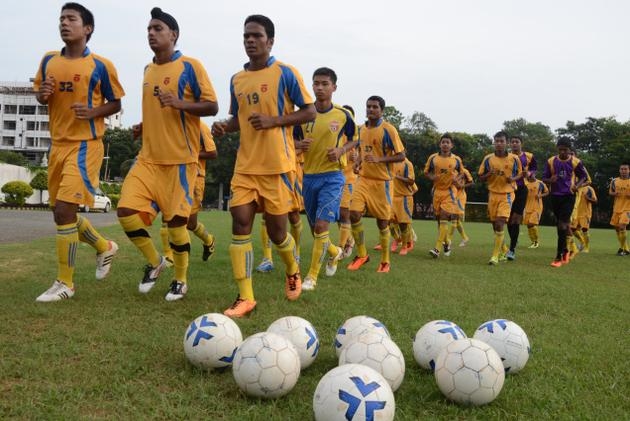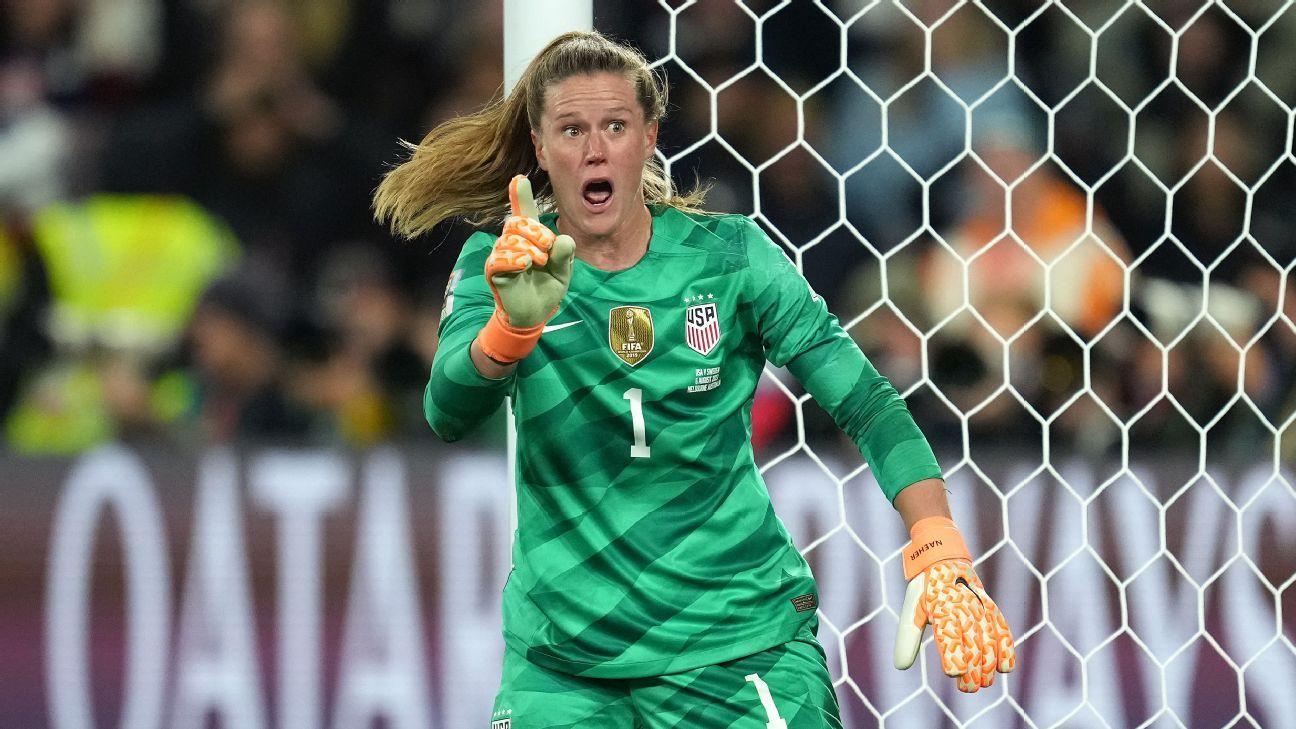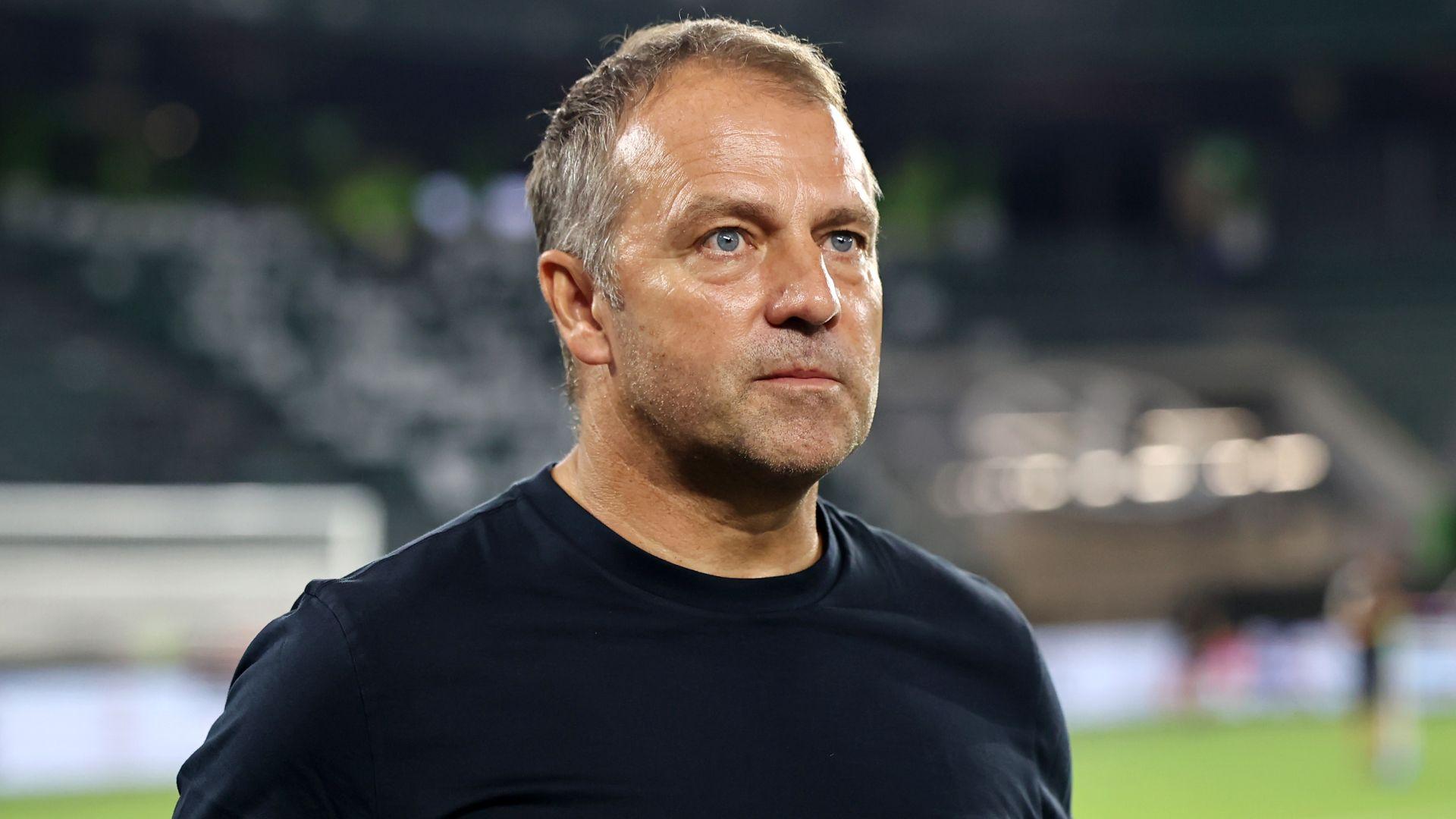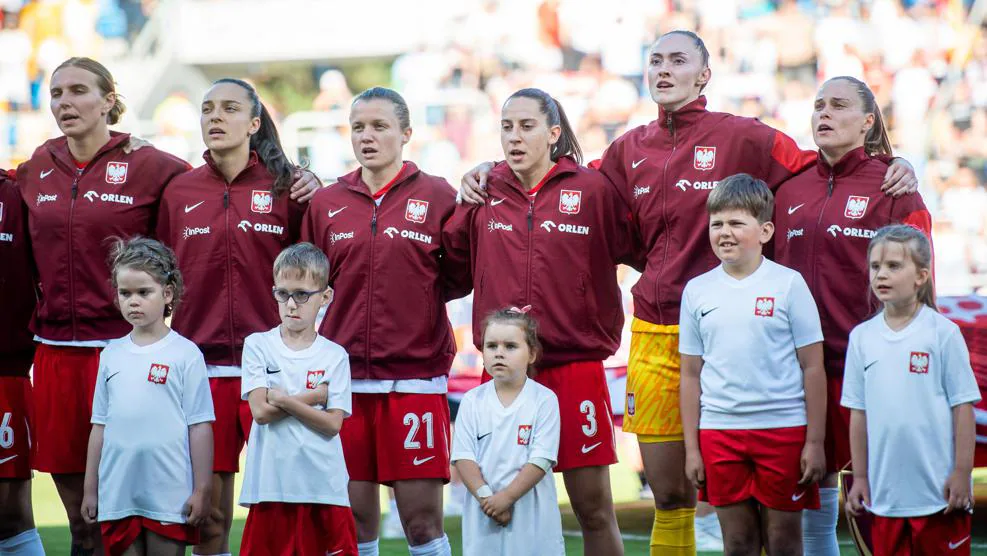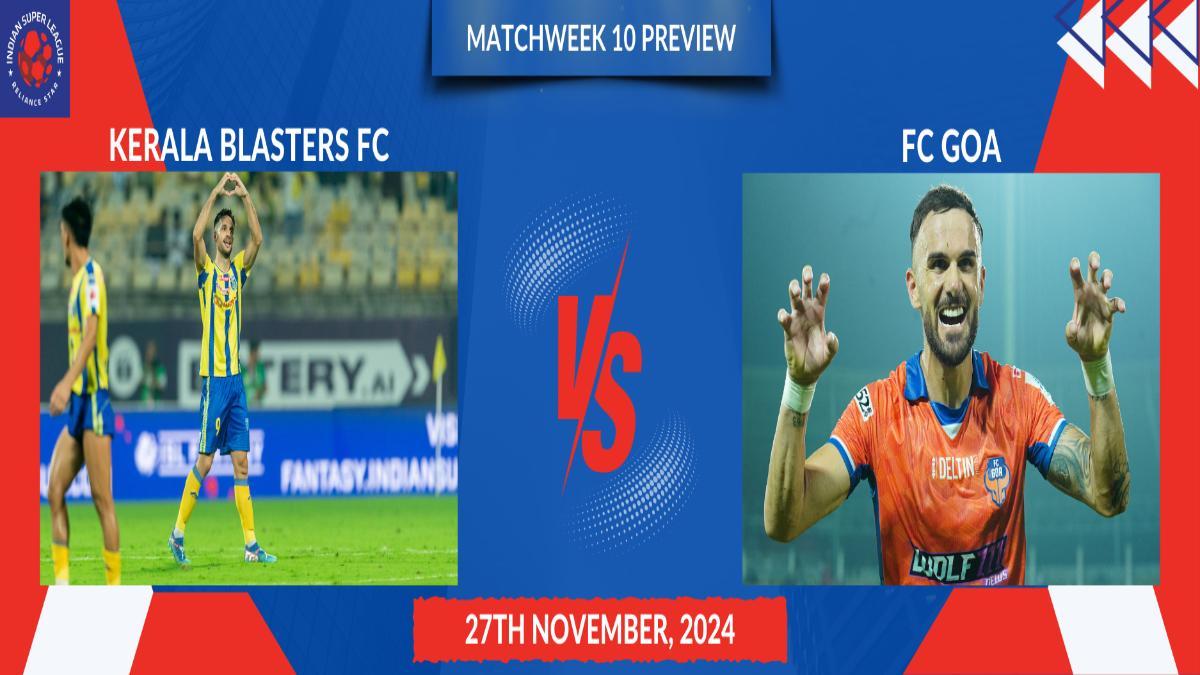New Delhi, Apr 22 (PTI) The smaller and less affluent football academies which identify and groom talented youngsters but cannot play in official youth leagues will henceforth get training compensation when the players sign their contract with professional clubs, according to an amendment of All India Football Federation’ regulation.
In a welcome change to the Regulations on Status and Transfer of Players (RSTP), the Executive Committee of the national federation, in its meeting on April 14, decided to do away with the earlier requirement of the academies to participate in AIFF youth leagues to get the monetary benefit.
Due to various reasons, mostly financial, many academies in the country cannot participate in AIFF youth leagues and that was why they don’t get the training compensation when the players they had nurtured sign their professional contract with clubs in the I-League or Indian Super League.
Instead, the bigger and more affluent academies get the monetary benefit. That will be changed after the amended regulation comes into force on June 1.
But, there is a condition that the academy will have to be registered in the AIFF Centralised Registration System (CRS) to avail the transfer compensation.
“In a historic decision that never got a look into previously, an amendment has been brought in the clause for Training compensation and solidarity payment that will encourage the academies in every nook and corner of the country to grow further and produce quality players,” the AIFF said in a statement.
“Under the new RSTP amendment, ‘the people/academies who are involved in training of players at grassroots level but cannot participate in AIFF youth leagues’ will now be eligible for compensation when a player switches to another academy/club from his parent academy/club,” it added.
Previously, to be eligible for training compensation, an academy or club had to be a part of at least one AIFF Youth League competition. But from June 1, 2023 onwards, the eligibility of triggering the compensation will not be linked with playing in AIFF Youth Leagues.
Explaining the rationale of bringing the amendment, the AIFF said, “The small academies/coaches are a true source of identifying and training players at the nascent stage but ignored due to the conditions set out in the RSTP.
“Hence, they are not only disregarded in monetary terms but also in terms of name and fame.” The AIFF Executive Committee also took another important decision to strengthen the state associations both from the administrative and financial points of view.
Through a new amendment, the state associations have been given more power to approve the registration, renewal and intra-state transfer of players through the AIFF Centralised Registration System (CRS).
“Effective from June 1, 2023, the MAs (member associations) will be authorised to do the final approval and will also receive 75 per cent of the CRS fee. The AIFF also emphasised that further, in phases, state associations will be given authority to approve intra-state transfers.” In another amendment, from June 1 onwards, amateur players in the country can be registered with a maximum of four clubs but subject to play for three clubs in one season.
The AIFF Executive Committee fet that this would help talented players across the country gain more game time.
“The registration of amateur players has been extended to a maximum of two years from one, but the player will have to give a notice of 30 days before leaving the club,” the AIFF statement said.
“Previously, no such notice was required for leaving a club. However, the participation of a player in state and district teams is exempted from being counted as a transfer.”
Source: PTI News


